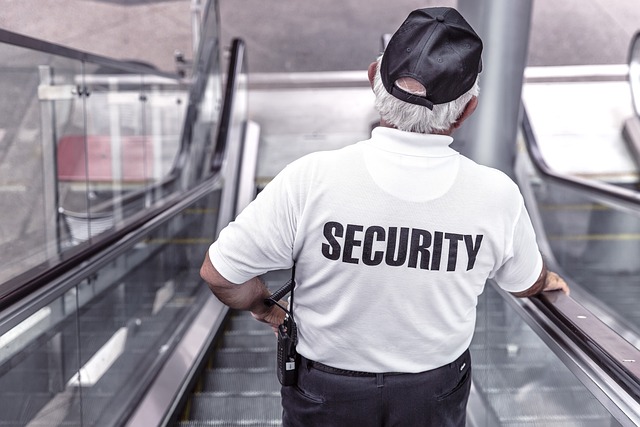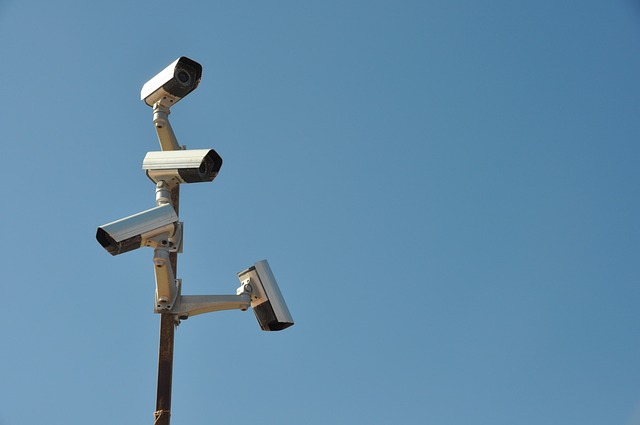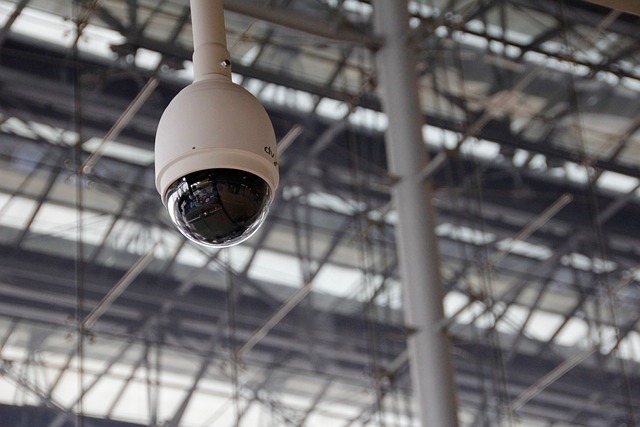Local surveillance, powered by technology like cameras and supported by expert-led programs, is a comprehensive strategy for creating safer neighborhoods. This approach combines visible deterrence with community engagement, encouraging neighbors to be vigilant and actively contribute to crime detection. Expert programs provide tailored knowledge and skills, fostering trust, strengthening social connections, and empowering residents to enhance their environment's safety. By combining local surveillance technologies with strong community ties, these initiatives lead to significant crime reductions and improved well-being, transforming neighborhoods into connected, proactive networks dedicated to safety.
Neighborhood safety is a cornerstone of any thriving community. In today’s digital era, leveraging local surveillance technologies plays a pivotal role in enhancing security while fostering trust among residents. This article explores expert-led programs designed to fortify neighborhood safety through comprehensive strategies. We delve into the benefits of these initiatives, from reduced crime rates to empowered communities. Understanding the power of local surveillance, we provide insights into key components and successful case studies that can serve as models for enhancing community well-being.
- Understanding Neighborhood Safety: The Role of Local Surveillance
- Benefits of Expert-Led Programs for Community Well-being
- Key Components of Effective Neighborhood Safety Initiatives
- Strategies for Engaging and Empowering Community Members
- Case Studies: Successful Implementation and Results
Understanding Neighborhood Safety: The Role of Local Surveillance

Neighborhood safety is a multifaceted concept that goes beyond mere security measures; it involves fostering a sense of community and awareness. One of the key aspects in achieving this is local surveillance, which plays a pivotal role in creating safer environments. By leveraging technology and engaging the community, local surveillance can deter crime and promote proactive safety initiatives. Cameras, for instance, act as visible deterrents and provide valuable data for law enforcement, enabling them to respond swiftly to potential threats.
Moreover, effective local surveillance encourages neighbors to take an active role in their community’s well-being. It fosters a culture of vigilance where residents are attuned to unusual activities and can collectively contribute to early crime detection. This collaborative approach not only enhances security but also strengthens the social fabric of neighborhoods, making them more resilient and safe for all residents.
Benefits of Expert-Led Programs for Community Well-being

Expert-led programs play a pivotal role in enhancing community well-being and safety. These initiatives bring specialized knowledge and skills directly to local neighborhoods, addressing specific challenges unique to each area. By leveraging expert insights, communities can develop tailored strategies for crime prevention, disaster preparedness, and social cohesion. For instance, experts in local surveillance techniques can educate residents on effective security measures, empowering them to take proactive steps towards a safer environment.
Such programs foster a sense of community ownership and collective responsibility. With guidance from professionals, residents gain valuable tools and confidence to navigate potential risks. Moreover, expert-led workshops and training sessions encourage open dialogue and collaboration among neighbors, building trust and strengthening social connections. This interconnectedness is essential for creating robust support networks and fostering a culture of safety within the community.
Key Components of Effective Neighborhood Safety Initiatives

Effective neighborhood safety initiatives encompass several key components that work synergistically to create a secure and peaceful community. One of the cornerstones is local surveillance. This involves leveraging technology and human observation to monitor activities within the neighborhood. Cameras, motion sensors, and other smart devices play a vital role in deterring crime by providing visible reminders of oversight. Residents often feel safer knowing that their surroundings are being watched, fostering a sense of collective responsibility.
Beyond surveillance, building strong community ties is paramount. Expert-led programs facilitate this through resident engagement, educational workshops, and social events. By encouraging open communication and collaboration, these initiatives empower neighbors to look out for one another. Additionally, regular meetings with local law enforcement can help keep residents informed about ongoing criminal trends and safety measures, further enhancing the neighborhood’s resilience.
Strategies for Engaging and Empowering Community Members

Engaging community members is a cornerstone of successful neighborhood safety initiatives. Expert-led programs often employ a multi-faceted approach to foster involvement, ensuring that residents feel empowered and invested in their community’s well-being. One effective strategy involves hosting informational sessions and workshops that educate neighbors on various aspects of local surveillance, empowering them to recognize potential threats and take proactive measures. These gatherings can also serve as platforms for sharing best practices and success stories from other communities, inspiring collective action.
Additionally, building trust is vital. Programs should encourage open dialogue and create safe spaces for residents to voice concerns and offer suggestions. Utilizing technology, such as community-based surveillance apps or online forums, enables continuous communication and facilitates the quick dissemination of information. By embracing these strategies, neighborhood safety initiatives can cultivate a sense of collective responsibility, transforming communities into vigilant, connected networks where everyone plays a crucial role in maintaining a safe environment.
Case Studies: Successful Implementation and Results

Successful case studies demonstrate the transformative power of expert-led programs in enhancing neighborhood safety through local surveillance. These initiatives have been pivotal in fostering secure communities, employing innovative strategies to mitigate crime and improve overall well-being. For instance, a pilot program in an urban area introduced advanced security cameras equipped with artificial intelligence, enabling real-time monitoring and rapid incident response. The result was a significant reduction in property crimes and a sense of increased security among residents.
Another notable success story involves community engagement programs that empower locals to become active contributors to safety. Through training and education, residents learned about neighborhood watch techniques and local surveillance practices. This collaborative approach led to improved communication between neighbors and law enforcement, resulting in quicker crime prevention and resolution. These case studies underscore the effectiveness of tailored, expert-driven solutions in addressing unique community safety challenges through enhanced local surveillance.
Neighborhood safety is a multifaceted issue that greatly benefits from expert-led programs. By integrating local surveillance strategies, these initiatives foster community well-being and empower residents. Key components such as collaborative planning, community engagement, and tailored solutions have proven successful in enhancing security. Case studies highlight the transformative power of these programs, demonstrating improved public safety and stronger, more connected neighborhoods. Embracing expert guidance and leveraging local surveillance can drive positive change, making our communities safer and more vibrant.
